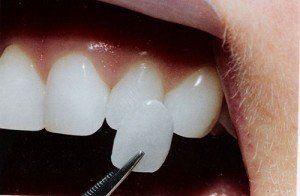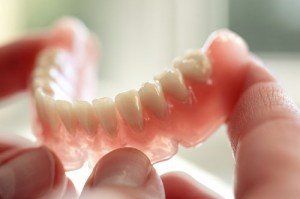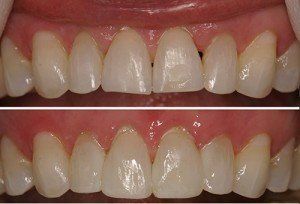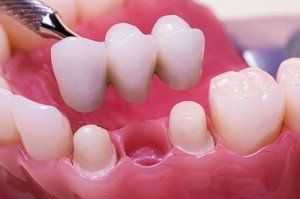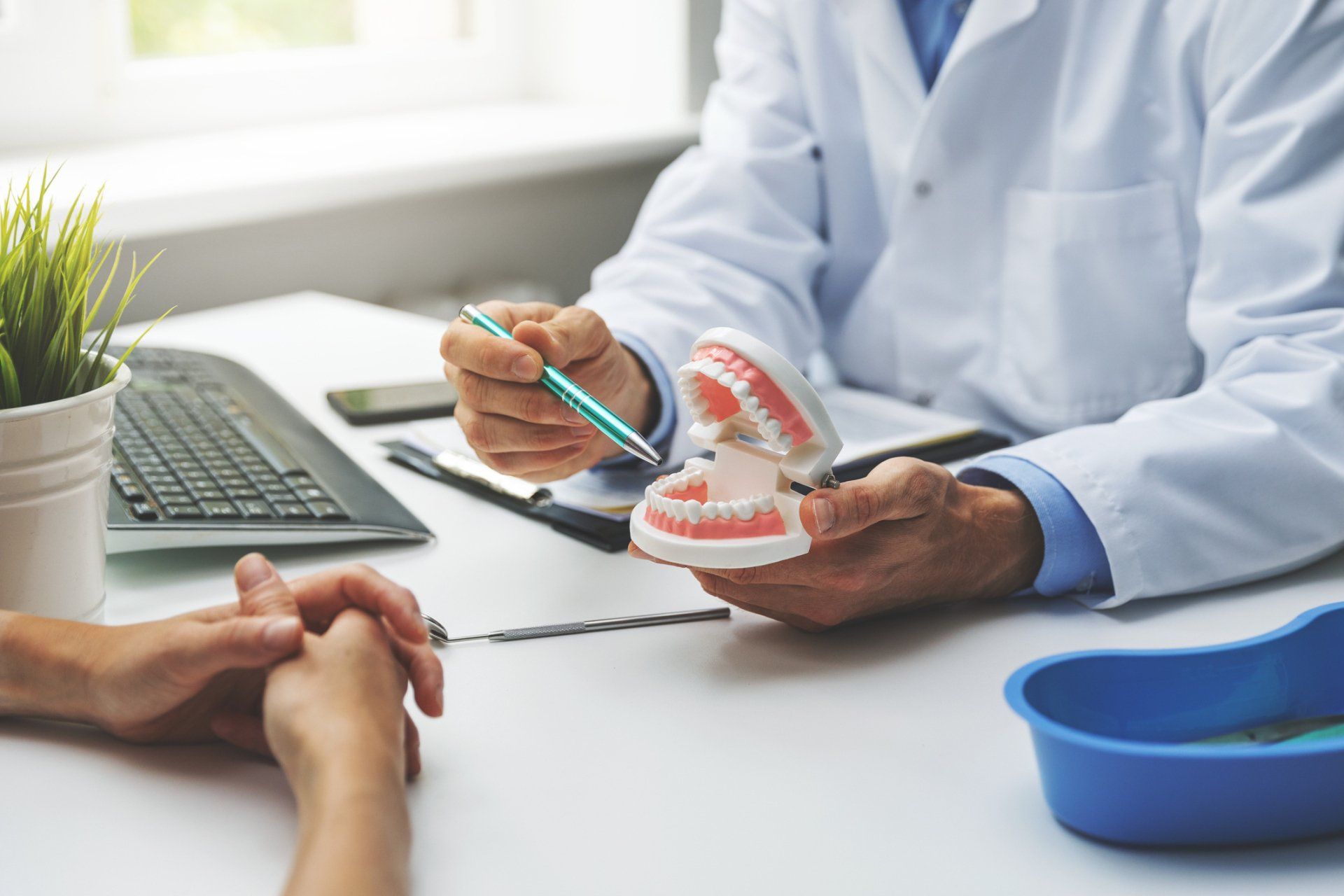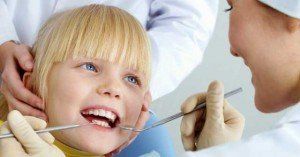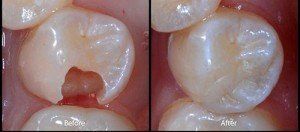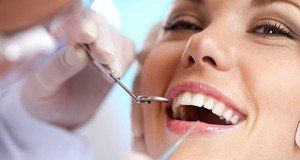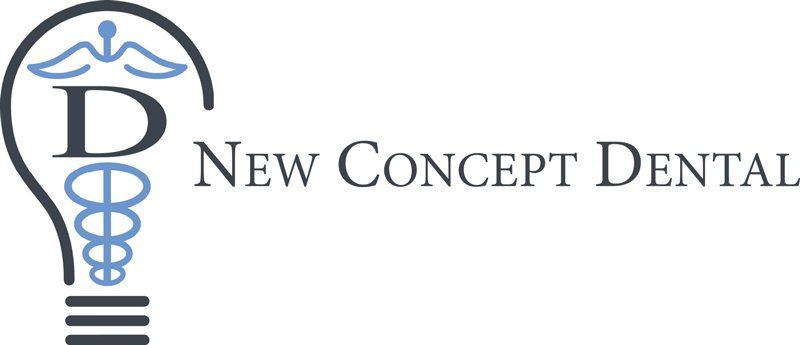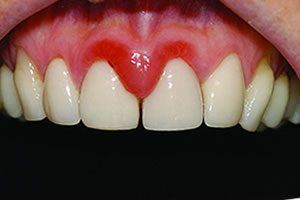Gum Disease
Gum disease is one of the primary causes of adult tooth loss. Also called periodontal disease, gum disease is an oral health condition that starts as an infection in your gums surrounding your teeth. The reason that tooth loss is quite common among adults with periodontal disease is because, often, there is very little pain associated with the condition, at least in the beginning stages of the disease. This means that many adults do not even know they are affected. Regularly visiting your dentist is a great way to catch gum disease early and prevent tooth loss.
What Causes Gum Disease?
The buildup of plaque is the primary reason that gum disease develops. Plaque is bacteria that adheres to the surface of your teeth. Everyone has plaque, but that doesn’t mean that everyone has periodontal disease. The reason for the disparity is because regular flossing, brushing, and following through with preventive dental care can remove the bacteria. Problems begin to escalate when plaque is left alone. This creates toxins that are extremely harmful to the gums.
Gum disease originates below the gum line. When you see your dentist for routine checkups, he or she will examine and measure the space between your gums and teeth. This simple process is an effective way to detect early indicators of gingivitis, the earliest and most treatable form of gum disease. At this stage of gum disease, your gums may be red or swollen. They may also easily bleed. Your dentist will discuss oral hygiene solutions that can eliminate gingivitis. Usually following a strict daily brushing and flossing routine is enough to stop gingivitis from progressing.
It is important to treat gingivitis because if it is ignored it can quickly develop into periodontitis. Once gum disease progresses to this point, any damage that has occurred may be irreversible. Gums and bones may be too weak to be repaired and can no longer support the teeth, which can lead spontaneous tooth loss or extraction.
Frequent symptoms of periodontal disease include:
- Persistent bad breath
- Pus between the gums and teeth
- Permanent teeth separate from the gums
- Changes in the way your dentures fit
- Alterations in your bite
Are You at an Increased Risk for Developing Periodontal Disease?
You may be at greater risk for developing periodontal disease if you have certain preexisting dental or medical conditions, or engage in certain lifestyle choices. The following conditions and circumstances may increase your risk for periodontal disease:
- Crooked teeth
- Improperly fitted bridges
- Pregnancy
- Old fillings
- Diabetes
- Anti-steroid and anti-epilepsy medications
- Cancer therapy drugs
- Oral contraceptives
- Calcium channel blockers
- Smoking
- Use of chewing tobacco
If you can identify with any of these risk factors, make sure that routine dental checkups and proper oral hygiene habits are a part of your life.
Preventing and Treating Gum Disease
At New Concept Dental, we have a number of ways we treat gum disease. These are not one-size-fits-all solutions. We look at the severity of your case and your individual dental history to determine the best course of treatment. Typical non-surgical treatments include root planing and scaling (deep cleaning). We also provide our customers with at-home periodontal trays. Other solutions include:
- Periodontal surgery
- Laser gum surgery
- Dental implants
The best way to treat gum disease is to stop it from happening in the first place. Periodontal examinations that are performed during regular dental checkups help you maintain your oral health and achieve a healthy smile. When you practice good oral hygiene habits at home, you can considerably lower your chances of developing gum disease. You can further reduce your risk by including the following into your lifestyle:
- Brushing regularly
- Eating a well-balanced diet
- Flossing daily
Also, don’t forget to schedule regular appointments with your dentist. Dentists Fay, Redden, and Bayley are experts at detecting and treating gum disease. If you live in the Wilmington, DE, area, give us a call today for a thorough screening and analysis of your gums.
